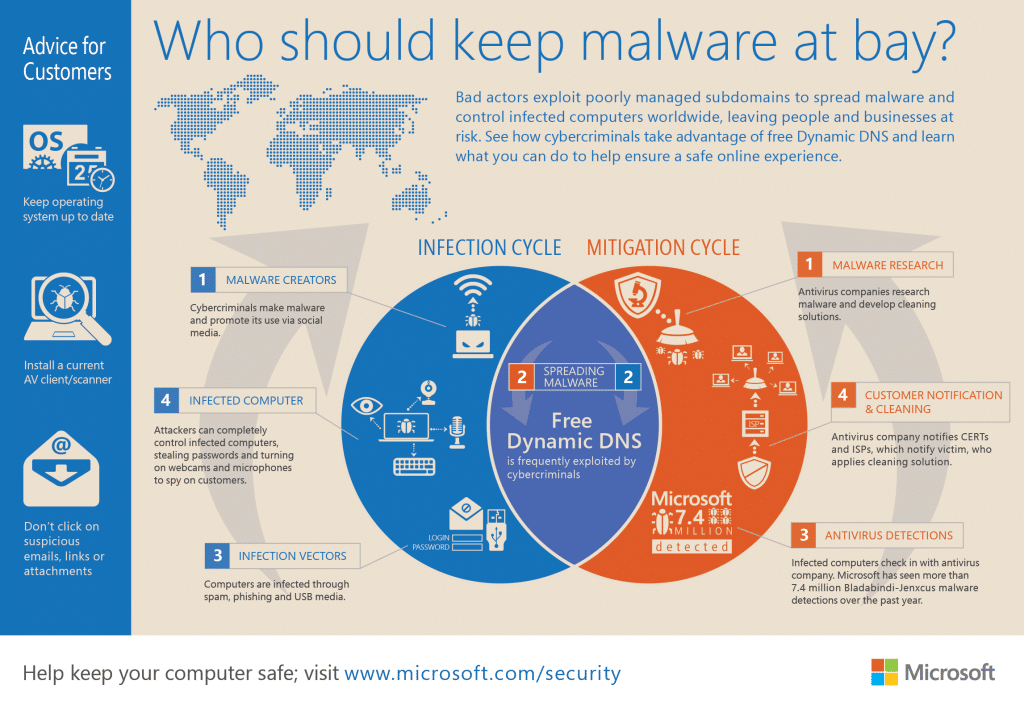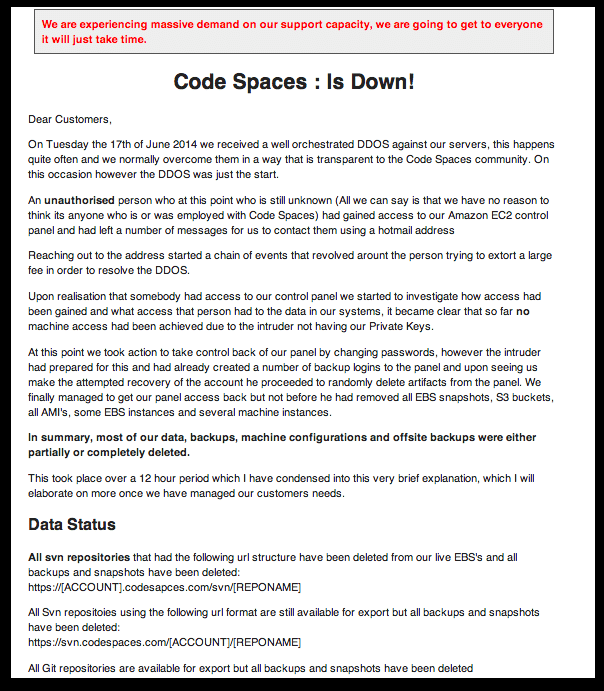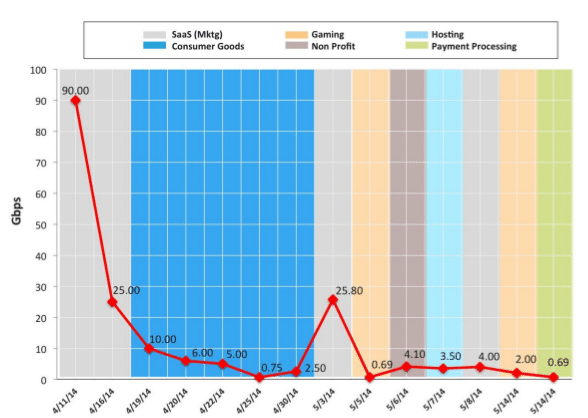Microsoft Corp. has taken action against yet another cyber crime network, taking control of- and shutting down a managed DNS (domain name system) operated by the firm No-IP that were being abused by cyber criminals, the company said on Monday. The domains were associated with malware families named Jenxcus and Bladabindi that are believed to have infected on some 7.5 million systems, globally. The malicious programs – which are used to spy on the operators of infected systems – use Dynamic DNS services like NO-IP to communicate with command and control systems used to manage infected systems. Dynamic DNS makes the malicious systems more difficult to trace. In a post on Microsoft’s Digital Crimes Unit blog, Richard Domingues Boscovich, the company’s Assistant General Counsel said that the company had filed a civil case on June 19 naming two foreign nationals: Mohamed Benabdellah and Naser Al Mutairi along with a U.S. company, Vitalwerks Internet Solutions, LLC (doing […]
forensics
Cisco: MS Word Macro Attacks Still Work Just Fine
We like to throw around the term ‘Advanced Persistent Threat’ casually these days to refer to a whole range of sophisticated and persistent attacks – usually on high value targets. But a blog post today by Cisco Systems makes clear that many otherwise sophisticated attackers do just fine with some pretty low tech and old school methods. Case in point: an attack Cisco is dubbing “String of Paerls-” a series of attacks on companies involved in research and what Cisco calls the ‘industrial manufacturing vertical.’ According to the report, the attacks start with a decidedly old school attack: a Microsoft Word document that includes a malicious Office Macro.”When the victim opens the Word document, an On-Open macro fires, which results in downloadin and executable and launching it on the victim’s machine.” Now, macro-based attacks are truly vintage. They first came to light in the late 1990s, with the Melissa virus – an early and successful […]
Code Spaces Probably A ‘Target of Opportunity’
The spectacular collapse this week of Code Spaces, a cloud-based code repository, may have been the result of a an unspectacular “opportunistic” hack, rather than a targeted operation, according to one cloud security expert. The sudden demise of the online application repository has sent shock waves through the tech industry, laying bare what some say are lax practices among many cloud-based application and infrastructure providers. But the attack itself was almost certainly the result of a larger, indiscriminate cyber criminal campaign, said Jeff Schilling, the Chief Security Officer of Firehost, a Texas-based secure cloud provider. “This is something we pretty frequently: companies get held ransom with a DDoS attack, and if that doesn’t work, (the attackers) will resort to doing other things,” Schilling told The Security Ledger. But Code Spaces almost certainly wasn’t the only company the extortionists worked on, Schilling said. Instead, the company was likely caught up in a wide net […]
This Week In Security: Ebay’s School of Hard Knocks
It’s the end of another busy week in the security world. As we’re wont to do at The Security Ledger, we had DUO Security Evangelist Mark Stanislav in to the deluxe Security Ledger Studios to talk about the events of the week. On the agenda this week: the continued fallout from the hack of online auction giant eBay. The company ran into a thicket of criticism this week for the breach and its botched response. Despite knowing about the security breach for weeks, eBay seemed unprepared for the fallout once the news became public. Beyond its statements to the press, the company hadn’t taken steps to streamline the (inevitable) flood of customers who wanted to update their password. In fact, more than a day after the news broke, eBay still hadn’t made mention of it on their home page. What lessons can we learn from the breach at online auction […]
Akamai: New DoS Tool Leads To Resurgence of SNMP Attacks
The security firm Akamai issued an advisory to customers on Thursday warning that a new software tool for managing distributed denial of service (DDoS) attacks was leading to a resurgence in large-scale attacks that use Simple Network Management Protocol (SNMP) traffic to overwhelm web sites. The Threat Advisory (reg wall) was issued by Akamai’s Prolexic Security Engineering and Response Team (or PLXsert). According to the advisory, Akamai began noticing a resurgence in DDoS attacks using SNMP on April 11. The company said that firms in industry verticals including consumer goods, gaming, online hosting and Software-as-a-Service and non-profits had all been targeted. [Read more Security Ledger coverage of DDoS attacks here.] The company has identified new- and updated tools in the cyber underground, including one dubbed SNMP Reflector – that are enabling the attacks. Simple Network Management Protocol (SNMP) is a protocol that is used for managing devices on a network including […]





